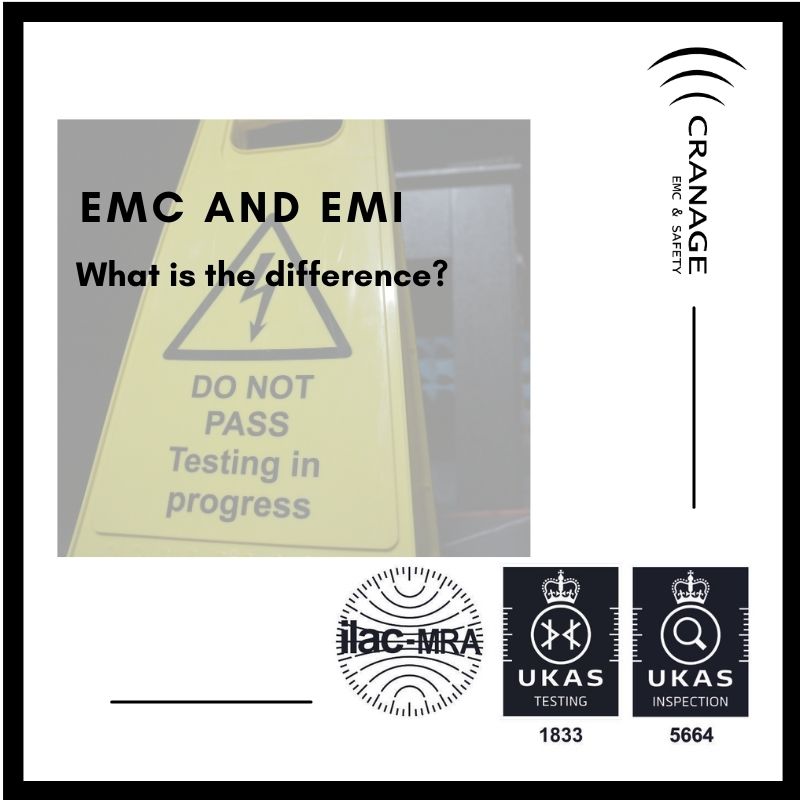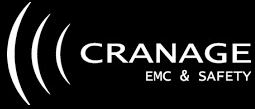 Add My Company
Add My Company
WHAT IS THE DIFFERENCE BETWEEN EMC AND EMI?

WHAT IS THE DIFFERENCE BETWEEN EMC AND EMI?
The initialism EMC – standing for electromagnetic compatibility – may not be greatly well-known among the general public, but its importance in the 2020s cannot be doubted.
We are living in an era in which, across public, commercial, industrial, and domestic premises alike, electrical products and systems are routinely operating in close proximity to each other. The users of such devices often take for granted the notion that these systems will not interfere with each other in ways that adversely impact the user experience.
But of course, this fundamental consumer expectation cannot be taken for granted, at least among the organisations that seek to develop and bring electronic products to market.
So, for this article here at Cranage EMC and Safety, we decided to take a closer look at an area that can cause some confusion and misunderstanding among those who may have reason to seek out EMC testing services like ours – the distinction between EMC and EMI.
How exactly do EMI and EMC vary?
While – as we addressed above – EMC stands for electromagnetic compatibility, the term “EMI” refers to electromagnetic interference. Every electronic device emits EMI, so inevitably, today’s world is full of EMI. EMI is released energy – or to put it another way, energy (or radiation) that is released from an electrical device, and that causes disruption to other electrical products.
Amateur observers may look at the metallic, plastic, or rubber casings of the electronic products they have in their home or office, and wonder how EMI could really be such an issue.
The short answer to this is that while those casings will help contain the emitted energy to some extent, a certain amount of energy will still escape. And of course, anyone who has encountered a relatively mundane instance of EMI – such as the picture or sound on their TV faltering in the home while a power drill is operating in a nearby room – will know that EMI is a meaningful issue.
And with some electronic products – such as pacemakers and hard drives – being ones that often support life or contain vital data, a given device being detrimentally impacted by EMI could be a literally life-threatening matter.
This brings us onto the subject of electromagnetic compatibility, or EMC, which refers to how effective a device is at blocking EMI. EMC testing services, then, play a critical role in ensuring a particular product can continue functioning well, even in an environment in which there is a high level of EMI.
Don’t underestimate the imperative role of EMC testing services
Ensuring a device that you wish to bring to market delivers a certain standard of EMC performance is, as we have touched on above, potentially critical for health and safety reasons, and for making sure the product sells when it becomes available to the public. Alongside this, however, there are also stringent EMC regulations around the globe that newly introduced electrical products must satisfy.
So, you can hopefully begin to see that a thorough and well-judged approach to EMC testing for the device your organisation is in the process of designing and developing, will be instrumental in ensuring the success of the product once it reaches the market.
To learn more about what form the most suitable and sophisticated EMC testing services are likely to take for your organisation and product, and how we can assist at Cranage EMC and Safety, please don’t hesitate to make an enquiry to us today, or to request a quote.
For more information on WHAT IS THE DIFFERENCE BETWEEN EMC AND EMI? talk to Cranage EMC & Safety

